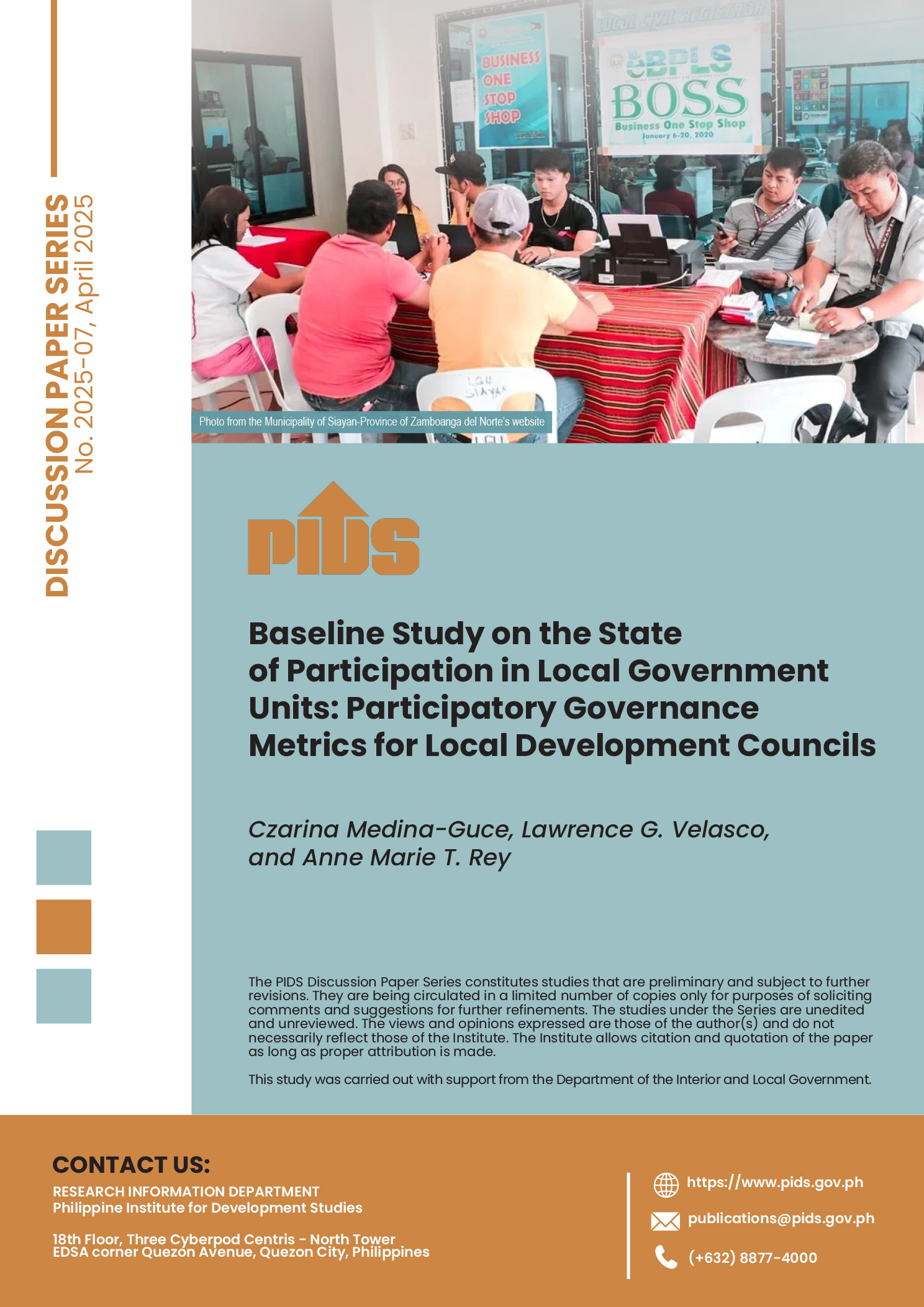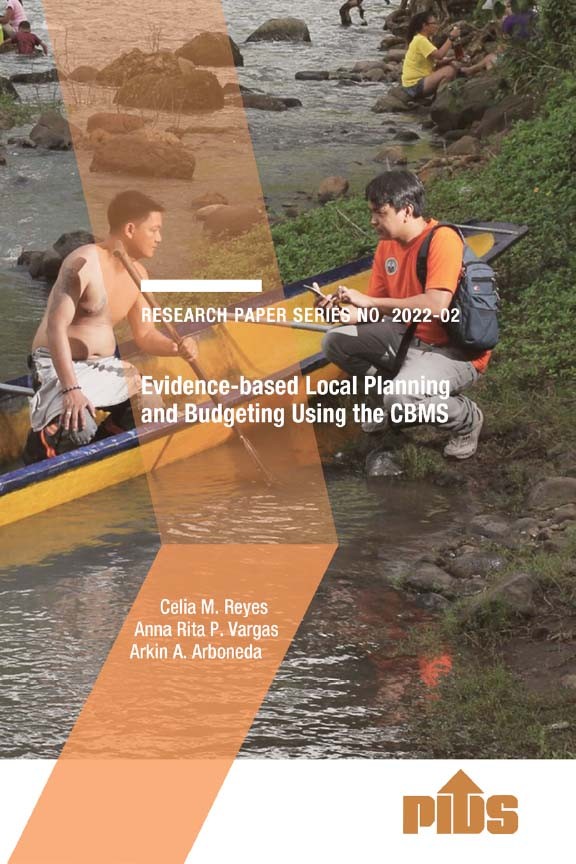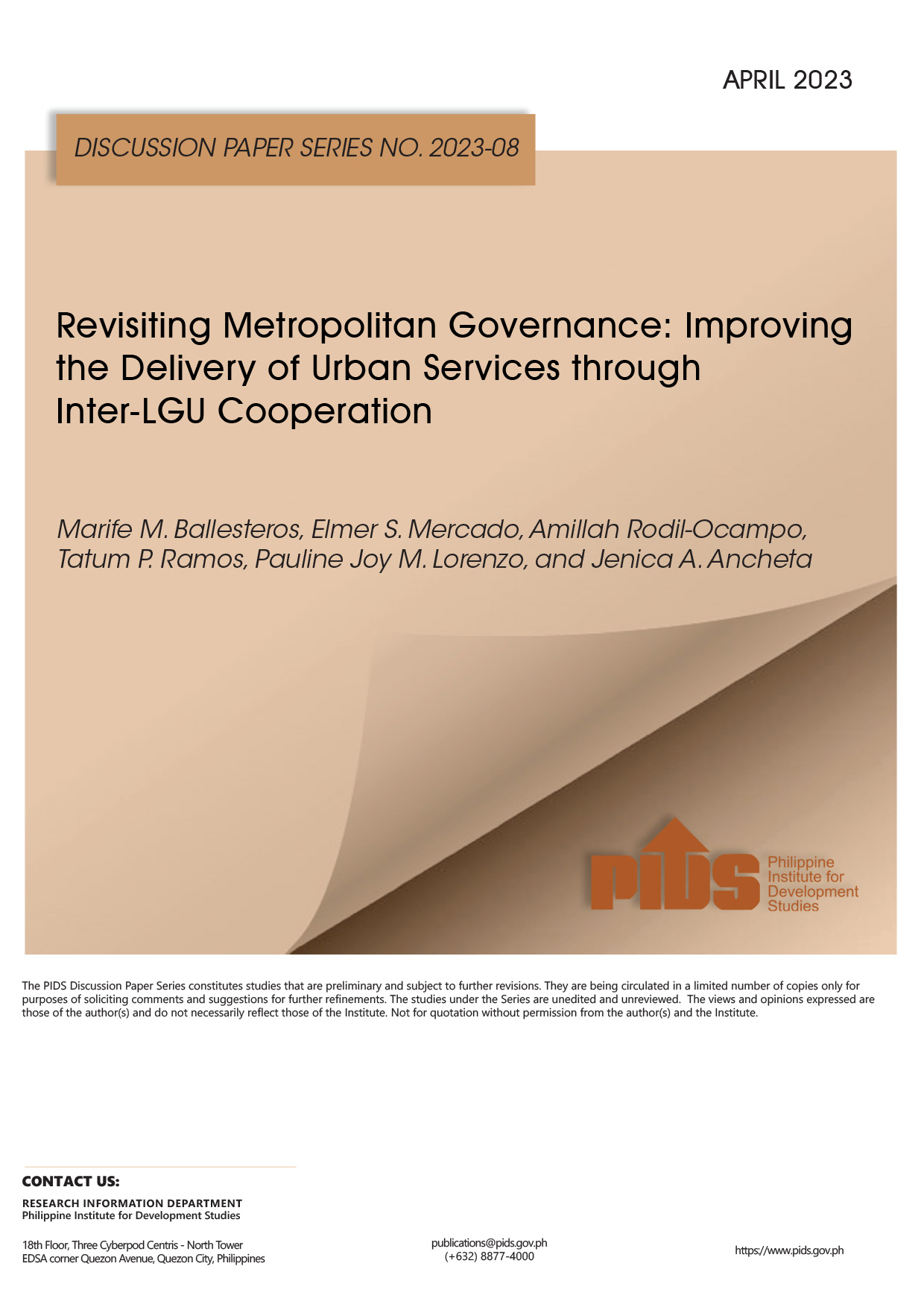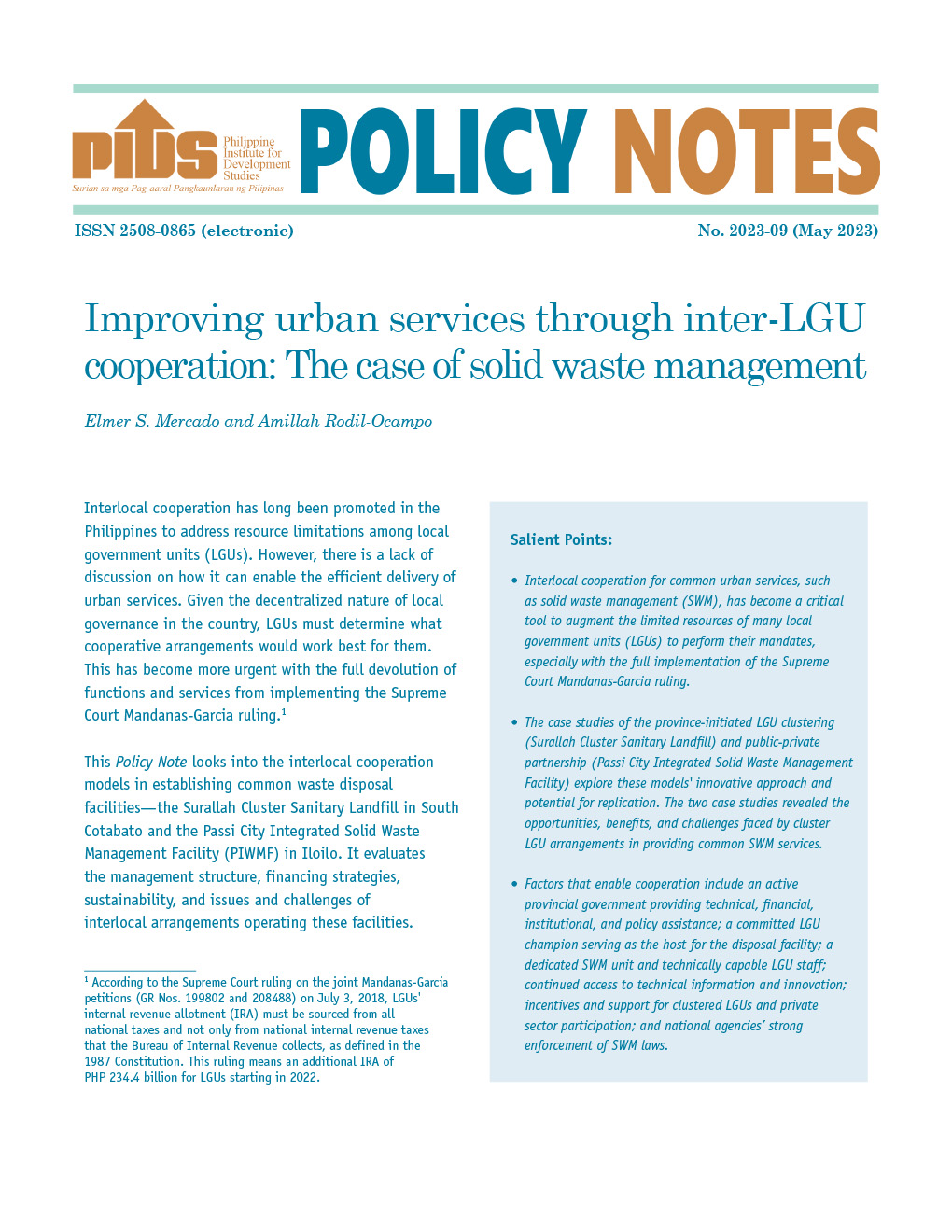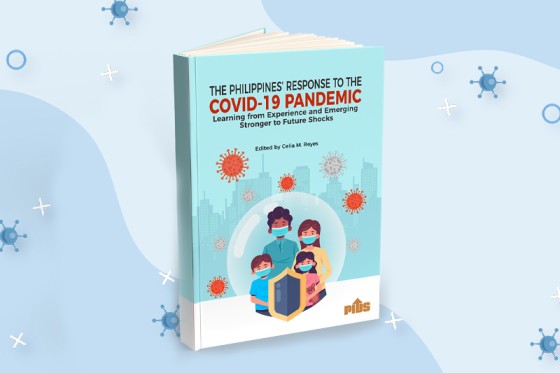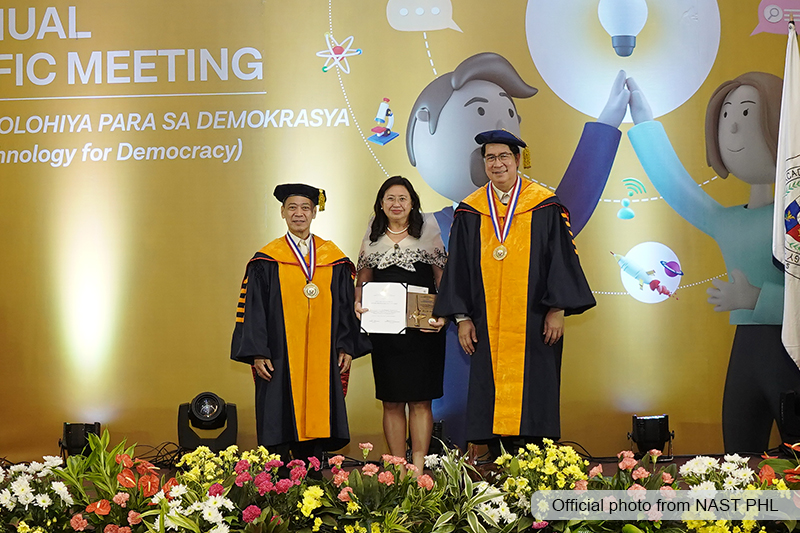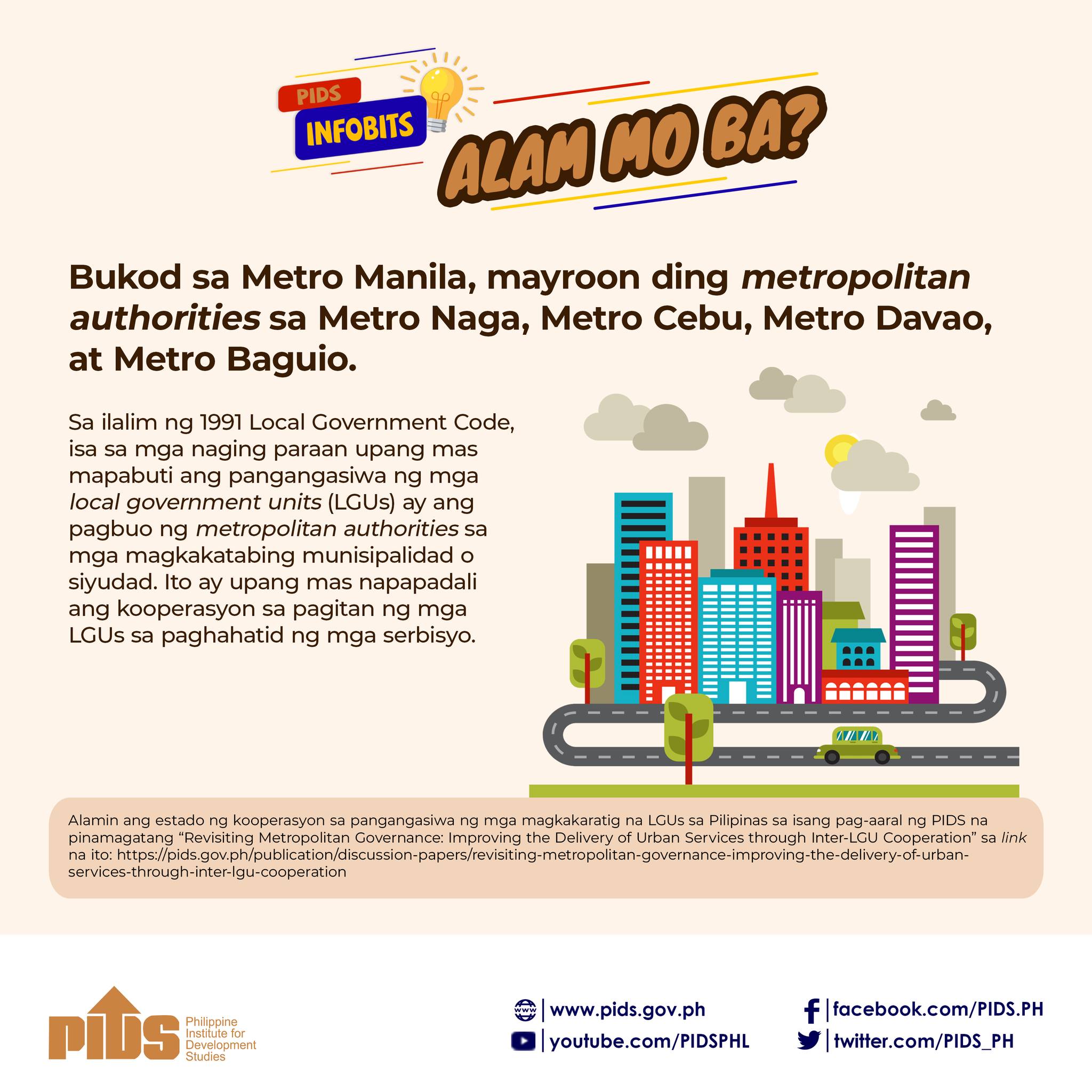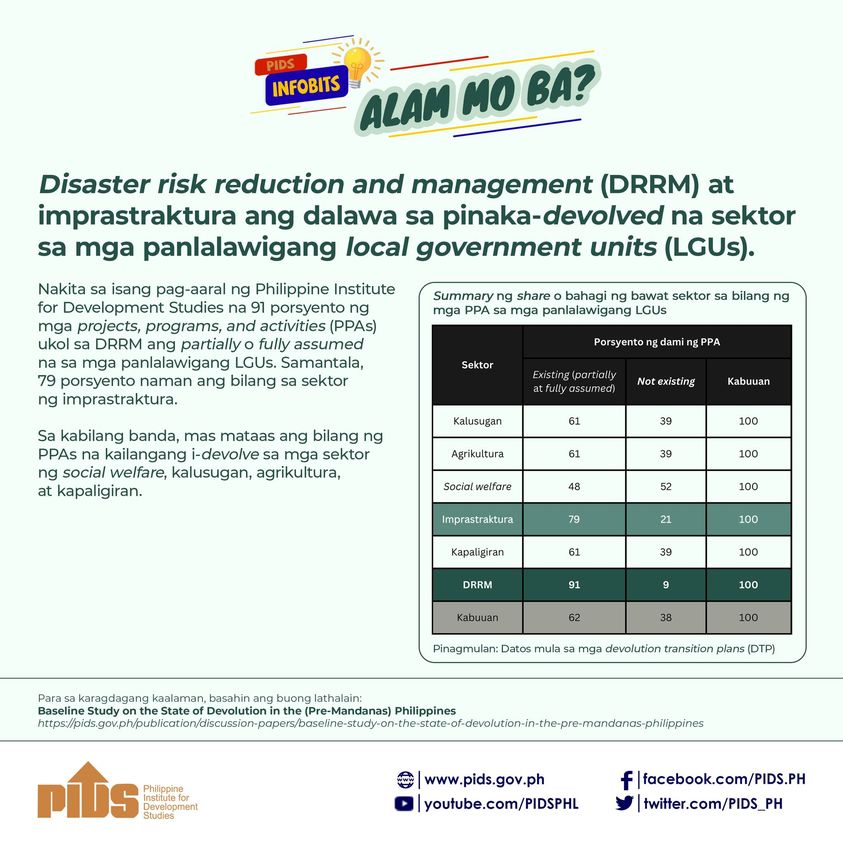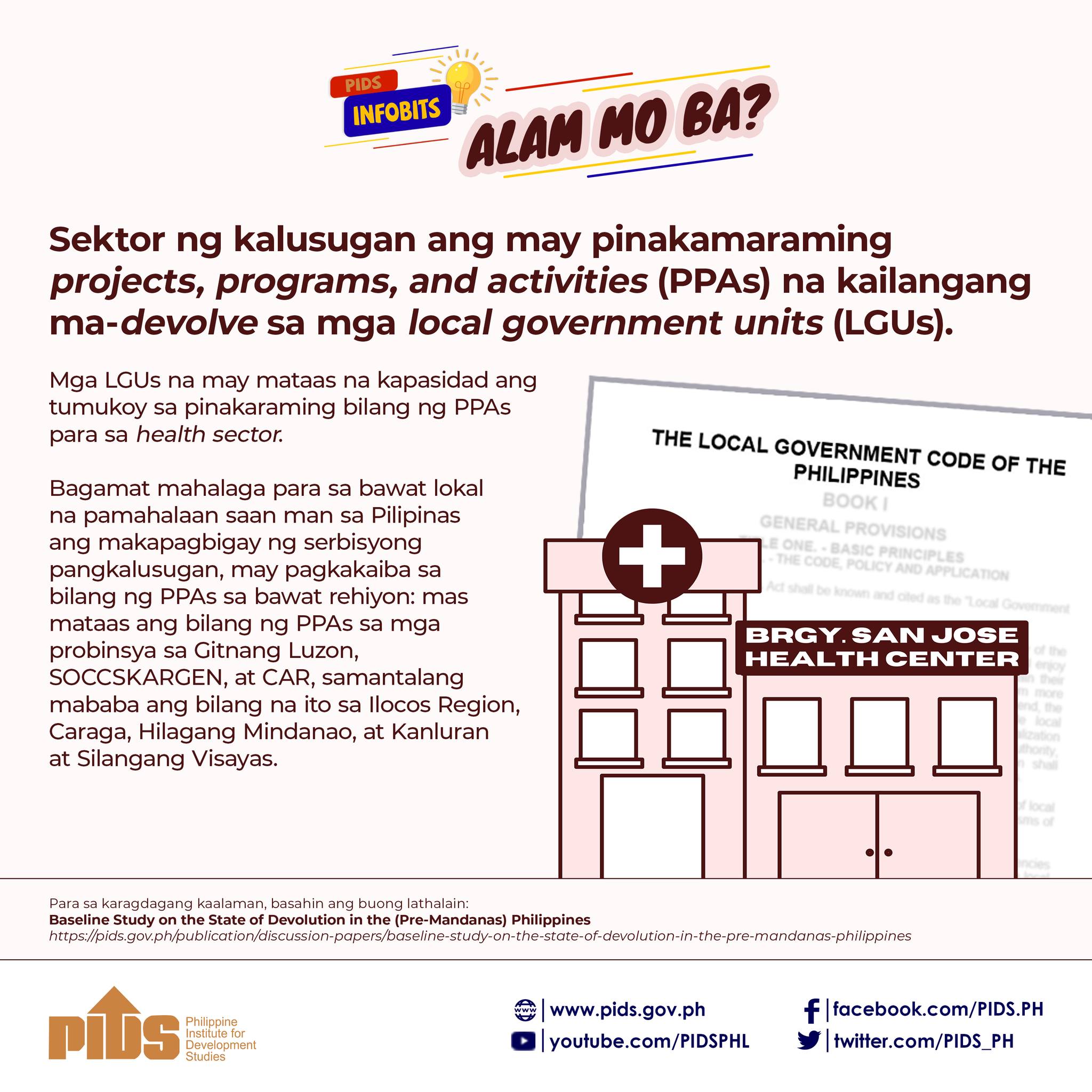The Local Development Councils (LDCs) play a significant role in participatory governance for local policy development, as local government units (LGUs) are required to include members from civil society organizations (CSOs) in LDCs. While the Department of the Interior and Local Government (DILG) monitors LDC functionality in accordance with the Local Government Code’s operational guidelines through the Seal of Good Local Governance, the effectiveness of LDCs—particularly the quality and substance of CSO participation—has not been reviewed. To address this, the DILG developed the Participatory Governance Metrics-LDC (PGM-LDC) tool to assess various dimensions and variables of participatory governance (PG).
This research provides a comprehensive assessment of the baseline participation status in LDCs using the PGM-LDC tool. Through a rigorous mixed-methods approach, the analysis explores LDC participation from the perspectives of LGUs and CSOs across different LGU types and LDC functionality ratings (high/low) nationwide.
The baseline analysis consists of three parts. First, it establishes the context of PG in LDCs by examining various LDC mechanisms, practices, and adherence to national participation policies (e.g., perceptions of LDC composition and frequency of participation, status and level of participation in LDC functions and committees, mandated representation of women and indigenous peoples, etc.). Second, it analyzes the PGM-LDC variable statements corresponding to the three PG dimensions (space, engagement, results), including qualitative explanations and correlations of perceptions with LGU type, LDC functionality, and respondent group. Third, additional analytical explorations are included to test for inter-variable interactions (among the PGM statements and dimensions) according to the PG logics of the PGM-LDC tool design. Recommendations are provided in each section to enhance existing and planned policies and capacity development initiatives of the DILG to improve participation in LDCs. Operational recommendations for the future deployment of the PGM-LDC survey are also included.
Finally, the report concludes with an assessment of the baseline status of participation in LGUs. The analysis reveals that, when viewed through the lens of mandated mechanisms and practices, the state of participation in LDCs reflects active involvement from CSOs but is limited to ‘invited’ parameters. Furthermore, when analyzed through the PGM-LDC framework, agreeable ratings across the variable statements characterize the state of participation in LDCs, although more substantive PG principles, such as CSO influence and autonomy, rank lower among the 14 variables. In addition to specific recommendations in each variable-indicator discussion, the study also advocates for the elevation of national policy prescriptions and support for quality participation, as well as a deeper understanding of factors contributing to CSO satisfaction, particularly those influencing CSOs’ perceptions of their participation and referencing potential (rather than actual) benefits of participation for their satisfaction.
Comments on this paper are welcome within 60 days from the date of posting. Email publications@pids.gov.ph.

